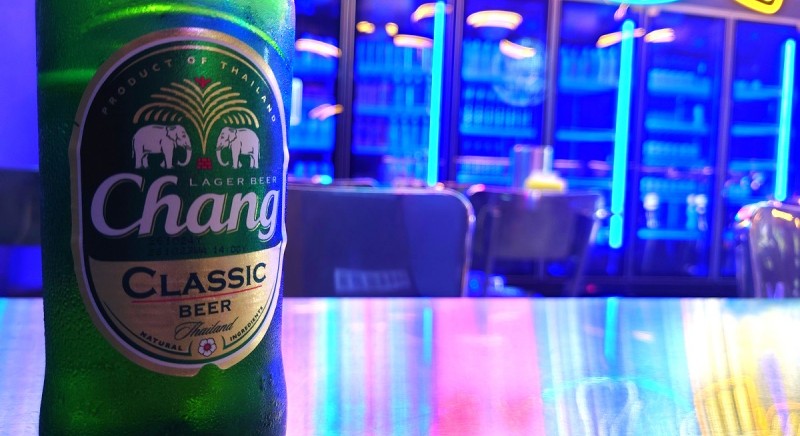Opening of micro breweries and small distilleries may eat into the market share of Thai Beverage (SGX:Y92
An easier licensing regime might also be a boon for restaurants and pubs in developing niche alcoholic beverages to cater to the millions of foreign tourists visiting the country annually. Previous attempts to lower entry barriers for small producers included the removal of minimum capital requirement and production capacity in 2022.
In 2023, domestic alcoholic drinks totalled 2.97 billion litres valued at US$16.3 billion, according to a report by Krungsri Research. Beer accounted for about 55.8% of the value of total sales with spirits making up 36.1%, the report said.
Once the parliamentary approval is in place, several ministerial regulations will need to be issued before authorities can begin issuing permits, said Chanin Rungtanakiat, a member of the ruling Pheu Thai Party who chaired a lawmaker panel steering the bill.
See also: Thai assets rally as election victory signals policy continuity
The bill could come into effect by October if the Excise Department and related agencies issue rules in a timely manner, according to Taopiphop Limjittrakorn, a member of the opposition People’s Party, who has led a campaign to dismantle liquor monopoly.



